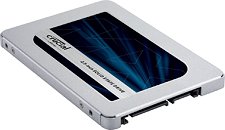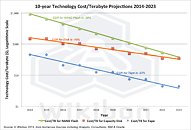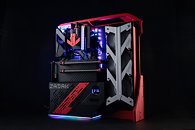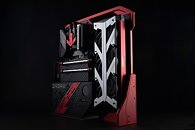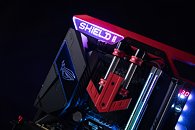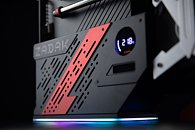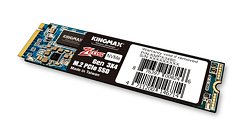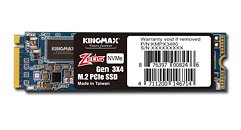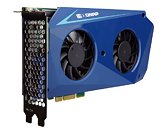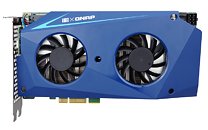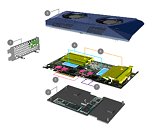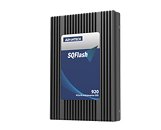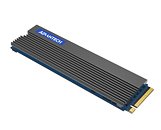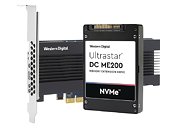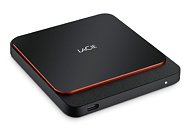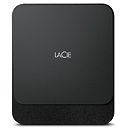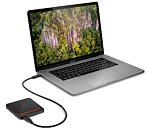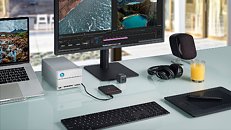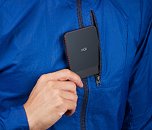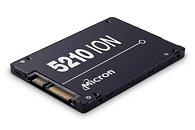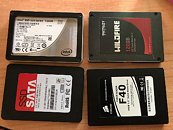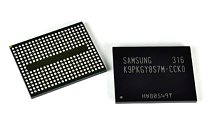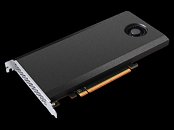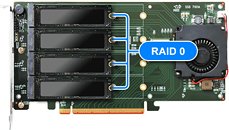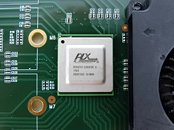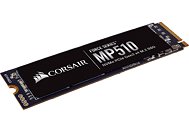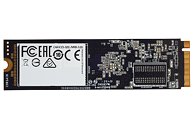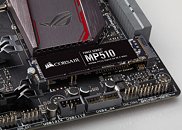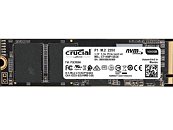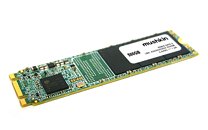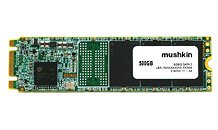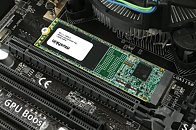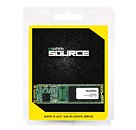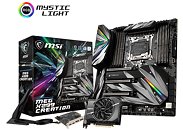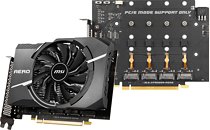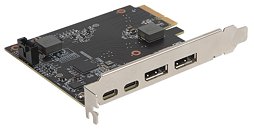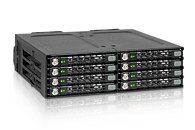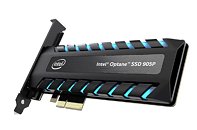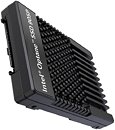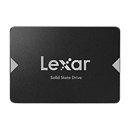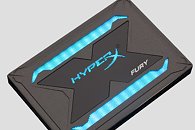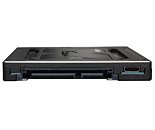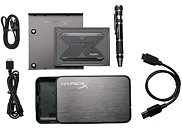SSDs Are Cheaper Than Ever, Hit the Magic 10 Cents Per Gigabyte Threshold
It may be quite difficult to find bargains when it comes to DDR4 system memory or high-end graphics cards these days, but at least SSDs are more affordable now to help bandage that wound. This price drop of solid state storage has been happening throughout this year, and some units have reached a cost of 10 cents per gigabyte, a milestone difficult to have imagined a couple of years ago. The 2 TB variant of the Crucial MX500 SSD, for example, can be found now at $209, and those interested may want to check out our review of the 1 TB version before committing to a purchase.
This is great news already, but there is even better news coming as that cost will reportedly continue to drop. NAND flash could drop to $0.08 per gigabyte in 2019 according to some analysts, and some alternatives such as QLC drives from Samsung could push that trend even further. The traditional HDD market is also getting more inexpensive and better bang-for-your-buck, with a 2017 report from BackBlaze showed for example how cost per gigabyte was approaching $0.02 per gigabyte a year ago on some units. As always, price prediction reports tend to come out with the US market as a case study, but our own global TechPowerUp team is appreciating having more SSDs on deck for files and programs alike.
This is great news already, but there is even better news coming as that cost will reportedly continue to drop. NAND flash could drop to $0.08 per gigabyte in 2019 according to some analysts, and some alternatives such as QLC drives from Samsung could push that trend even further. The traditional HDD market is also getting more inexpensive and better bang-for-your-buck, with a 2017 report from BackBlaze showed for example how cost per gigabyte was approaching $0.02 per gigabyte a year ago on some units. As always, price prediction reports tend to come out with the US market as a case study, but our own global TechPowerUp team is appreciating having more SSDs on deck for files and programs alike.
